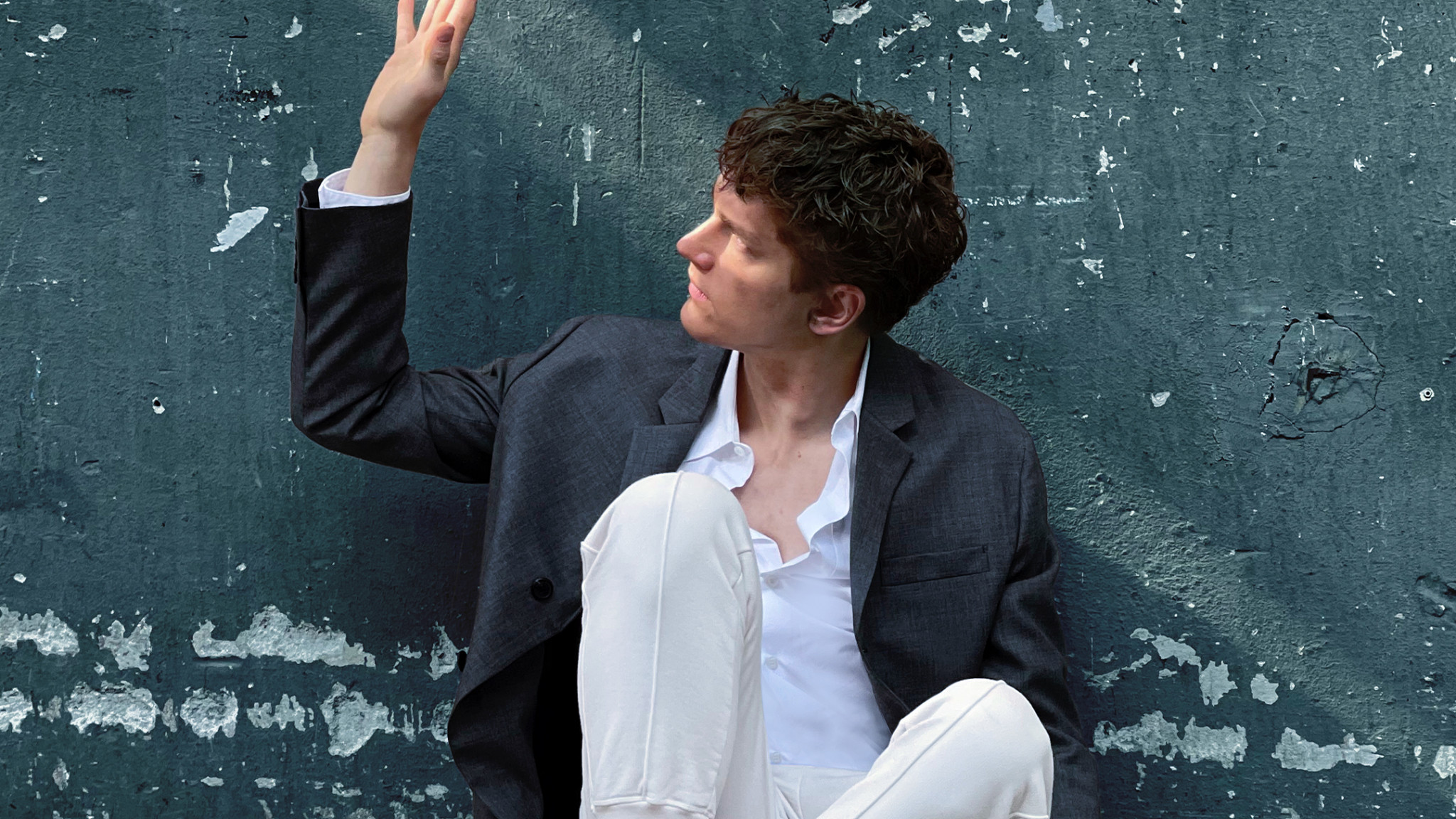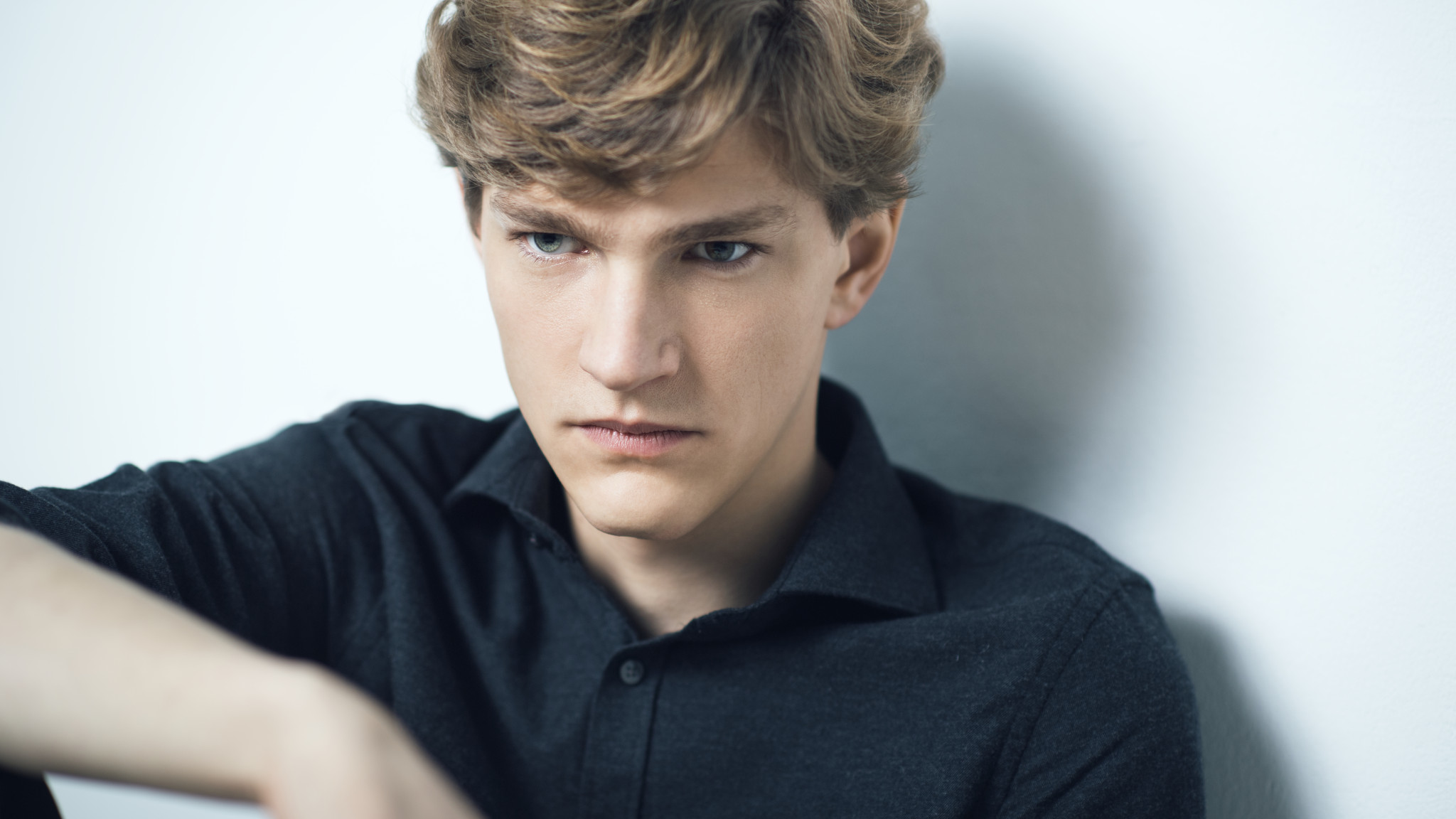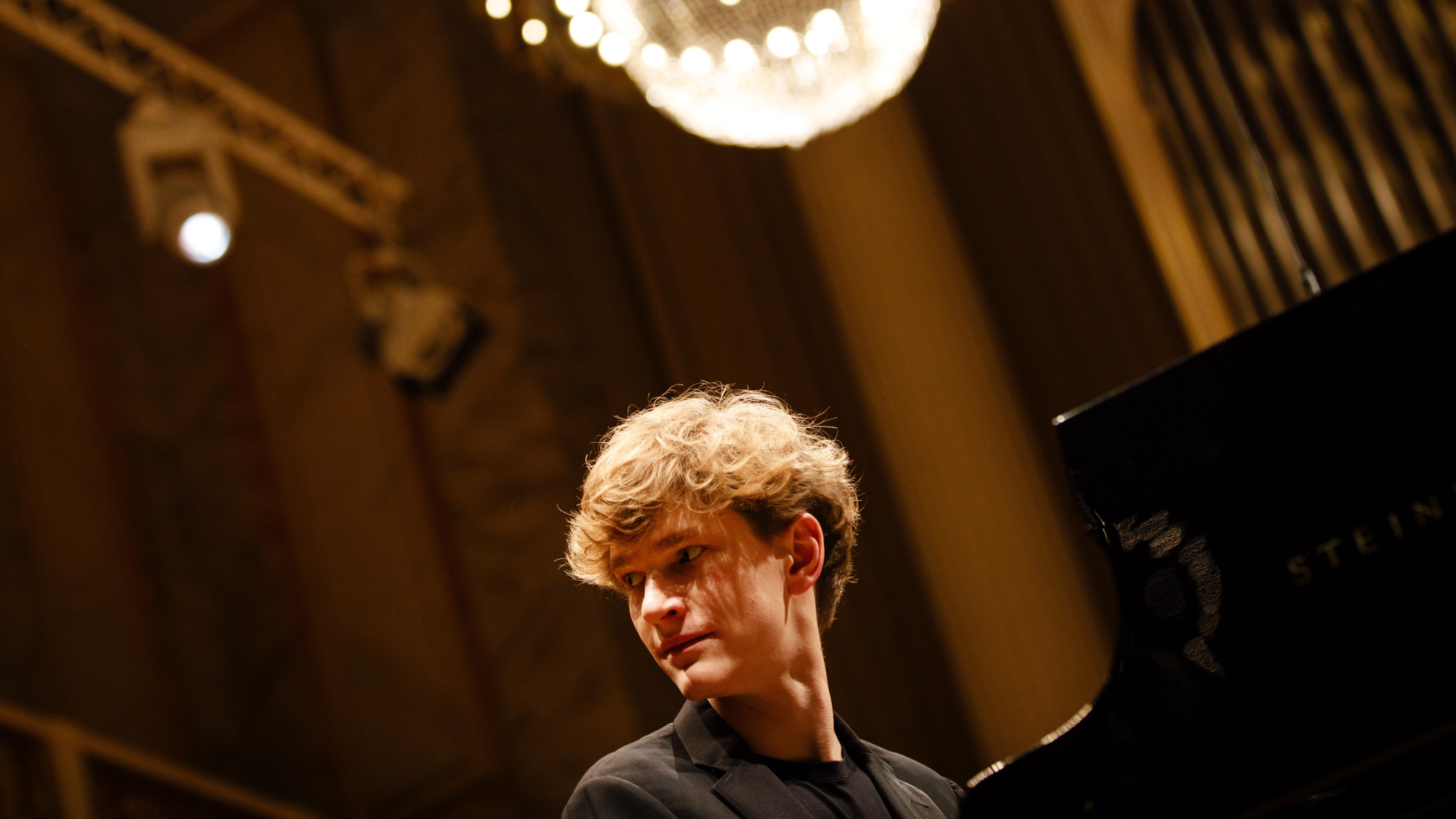Jan Lisiecki presents his third Chopin recording for Deutsche Grammophon

For his eighth and latest Deutsche Grammophon album, Canadian pianist extraordinaire Jan Lisiecki has chosen to return to the music of Frédéric Chopin. Following on from Works for Piano & Orchestra (2017) and Chopin: Études (2013), Chopin: Complete Nocturnes features profoundly personal interpretations of some of the most beautiful and best-loved pieces ever written for solo piano.
Lisiecki is perhaps most celebrated for his masterfully sensitive and refined interpretative approach. His newest release – recorded last October at Berlin’s historic Meistersaal – not only captures the spirit of Chopin’s pianism, but also represents the time and circumstances in which it was made, as the pianist himself explains: “I’m the first to question why we should record something that has been recorded many times before. But music only lives through performance and is different every time we hear it, even when it’s a recording. I think there was something for me to say with this album. It reflects on the last year and my thoughts on that as well as on the escape and understanding that music gives us.”
The album is set to be released 13 August 2021. Listen to the first pre-release track Chopin: Nocturne in E Minor, Op. posth. 72/1 now!
Frédéric Chopin distilled the essence of song into his Nocturnes, drawing inspiration from the expressive force of Italian opera and the freedom of Polish folk music. Taking a form whose name had been coined by the Irish composer John Field, he developed and elevated it to create a richly varied series of works that would span his entire career. His miniatures reveal not only the originality of his writing – even in the earlier pieces – but also the way in which his style evolved over time.
And it was through the Nocturnes that Jan Lisiecki first discovered Chopin – he recalls falling in love with Op.9 No.1 as a child and being enchanted by its yearning melody. The piece, the first of twenty-one nocturnes the composer wrote between the late 1820s and 1847, offered a glimpse of a vast universe of emotions, expressions, musical gestures and tonal colours. It also prepared the way for the brilliant student to explore the piano’s lyrical side.
It was one thing for the young Jan to play the notes of the simpler Nocturnes, quite another for him to understand their ethos. A turning point came when his teacher asked him to name the three elements of music. Melody and harmony instantly sprang to mind. But the third eluded him. “I thought about it and eventually said ‘line’,” remembers Lisiecki. “Rhythm had completely escaped me! It was the least important thing for me when I was eleven or twelve. Since then, of course, I’ve come to appreciate just how vital it is: rhythm serves the melodic line.”
Chopin, he adds, far exceeded the boundaries of what his contemporaries considered possible on the piano, especially in terms of the singing line. Unlike the human voice, the piano can play the longest melody without the need to take a breath; like a great singer, the pianist has to shape phrases and give emotional light and shade to melodies. “Chopin’s music flows by itself in a sense, but you need to feel instinctively where things are placed,” comments Jan Lisiecki. “It’s about striking the balance between allowing the music to flow naturally and knowing subconsciously where it should go.”
Reminiscing on the recording sessions that took place amid a busy concert schedule and between lockdowns, Lisiecki recalls that the experience of being in the studio was a very different one. “Some of my recordings have been made during live performances while others in the studio have been fitted around my schedule. It is rare that I get to dedicate an entire week to a recording. Because the pandemic brought everything to a halt, I think I gained a fresh appreciation of time and work and a different understanding of my relationship with music. Being in the studio last October was a gift. I felt completely at ease and free from pressure. These were the most pleasurable and relaxed recording sessions I’ve known; they were perfect for the Nocturnes. I could spend time with each piece at my own pace and live with them all in a way that felt completely natural and organic.”
“I was very privileged to have a fantastic piano and one of my favourite piano technicians – Daniel Brech, whom I adore. He understands me and the colours I want from the piano. That was immensely important. Stephan Flock, the producer, is someone with whom I also have a long relationship and who knows how to communicate what he feels with me. Having all those elements together was phenomenal.”
Lisiecki was highly acclaimed for the award-winning Beethoven Lieder album he and Matthias Goerne released last year and – together with his widely renowned affinity for Chopin – that immersion in the world of song has surely helped inform his new readings of the lyrical, confessional Nocturnes, works he feels are made for intimate listening, arguably best heard and contemplated alone at night. “These remarkable pieces invite you to think and feel whatever you want,” concludes the pianist. “There’s no ‘right’ response to them, other than the one you’re having.”





